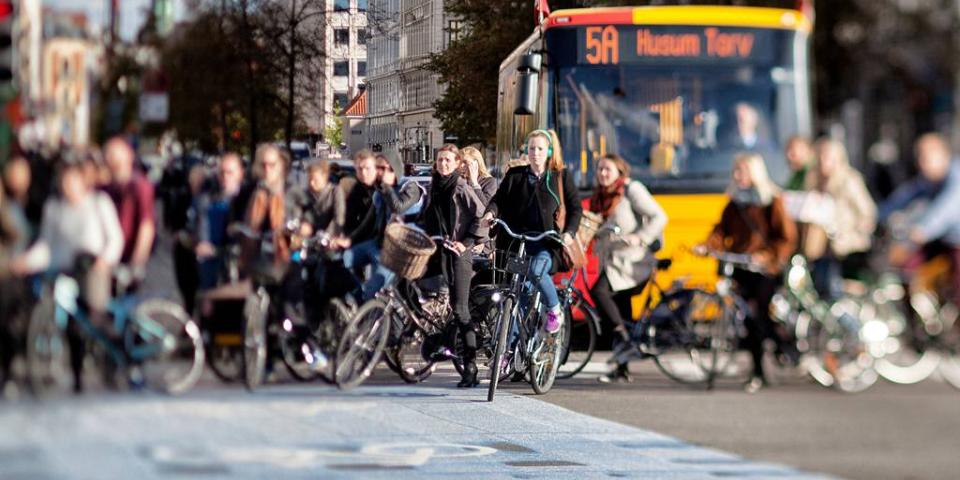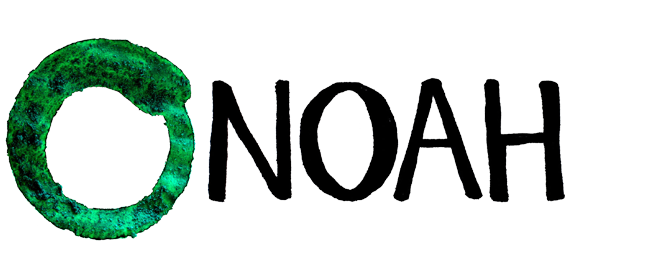
Transportation
Safety and the environment are the most important factors regarding traffic and transport. Society should create a framework giving more incentives for people to use their bikes or to walk, and also to use public transport such as trains and buses, instead of using cars and planes.
Traffic policy should support and reward environmentally friendly modes and hinder and increase the costs of environmentally damaging modes of transport.
In NOAH, we work to improve conditions for the less bulky, less polluting, least dangerous and least energy-consuming way of transportation. We want to go in a different direction than the actual development, which is dependent on high-consumption modes such as cars and aviation.
We promote alternatives for traffic engineering, that usually develop wider roads and greater parkings as solutions. Instead, we give priority to pedestrians, cyclists and passengers in public transport, and we investigate through reports and analyzes how to influence transport policy for a fairer and more sustainable direction.
NOAH is critical about the use of biomass and agro-fuels for transport. Agrofuels are promoted by influential and financially strong lobby interests as climate-friendly and future alternative to fossil fuels. However, agrofuels reduces at the best, only the emission of greenhouse gas. At the best, because it is highly dependent on which agrofuels are use, as some can even increases emissions.
Moreover, the indirect effects of using land for fuels are usually not recognised, but can cause real damage to the environment as well as to the food production, leading to harming food sovereignty.
The talks about environmentally friendly agro-fuels are just a way to give a good conscience and to greenwash unrestrained road traffic.
Instead of betting on agrofuels, the transport sector should reduces its energy consumption through the prioritization of climate-friendly modes of transport and public transport.

